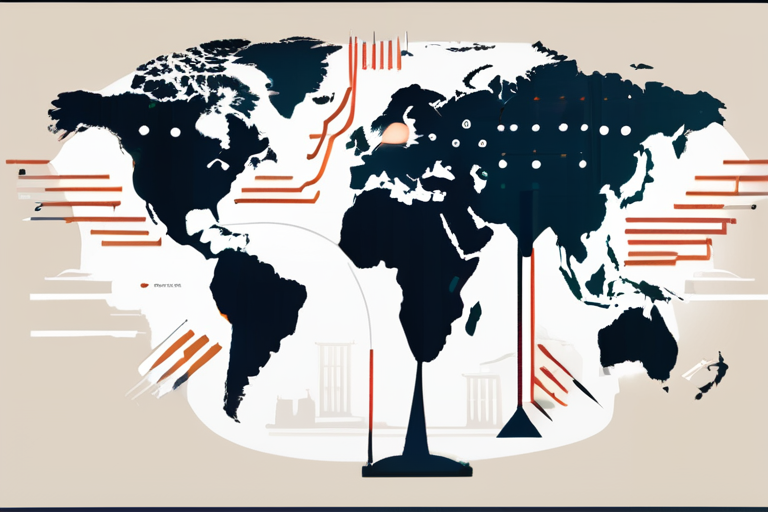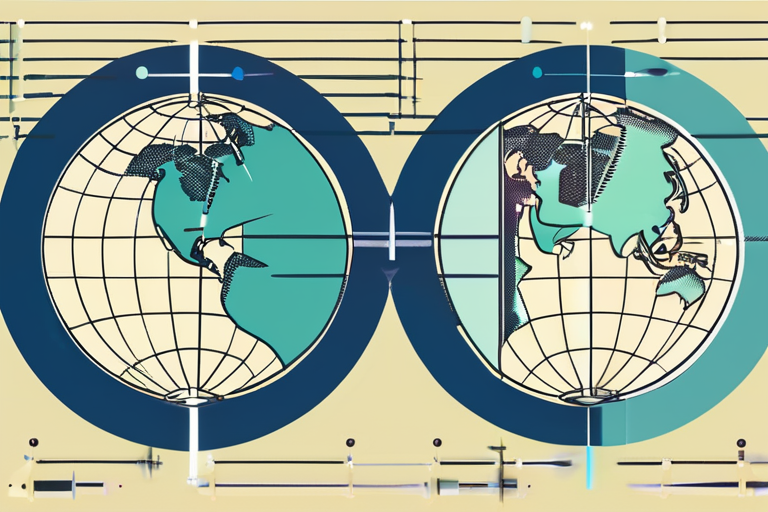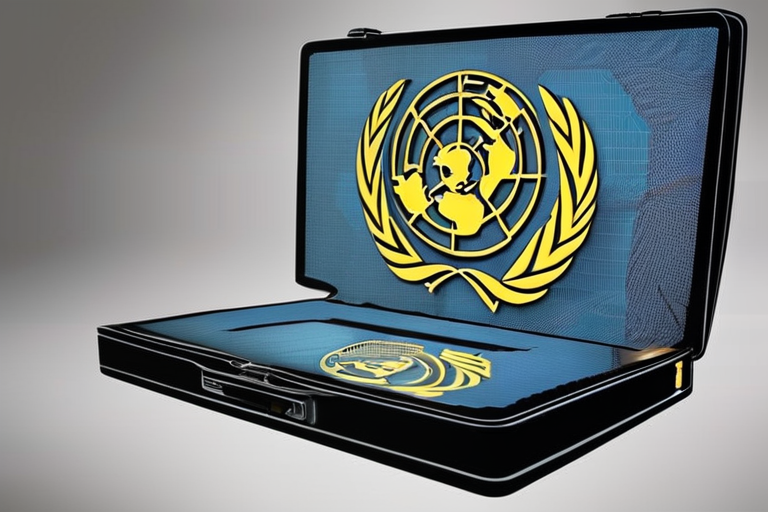Satellites Exposed: Leaking World's Secrets for Years
A team of researchers at the University of California San Diego (UCSD) and the University of Maryland has revealed that nearly half of geostationary satellite signals, carrying sensitive consumer, corporate, and government communications, have been left vulnerable to eavesdropping. The study, published today, highlights a shocking lack of encryption in space-based radio communications.
For three years, the researchers used an off-the-shelf 800 satellite receiver system on the roof of a university building in San Diego's La Jolla neighborhood to intercept and analyze geosynchronous satellites' signals. By pointing their dish at different satellites, they were able to access sensitive information without any encryption or authentication measures in place.
"This is a major security breach," said Dr. Stefan Savage, lead researcher on the project. "We're talking about a huge amount of data being transmitted in plain text, including military communications, corporate secrets, and personal conversations."
The study's findings have significant implications for national security, corporate espionage, and individual privacy. The researchers estimate that millions of people worldwide are affected by this vulnerability.
Geostationary satellites beam data down to Earth continuously, transmitting a vast amount of information in the process. While some satellite signals are encrypted, many others remain unsecured, leaving them susceptible to interception.
"This is not just about hacking into individual satellites," said Dr. Savage. "It's about accessing a global network of communications that are supposed to be secure."
The researchers used their findings to demonstrate the ease with which an attacker could intercept and decode sensitive information. They were able to access military communications, corporate data, and personal conversations without any technical expertise.
The study's results have sparked concerns among cybersecurity experts, telecom firms, and government agencies worldwide. The implications of this vulnerability are far-reaching, highlighting the need for immediate action to secure satellite communications.
As the world grapples with the consequences of this security breach, researchers and policymakers must work together to develop effective solutions to protect sensitive information in space-based radio communications.
Background:
Geostationary satellites have been used for decades to transmit data between Earth and space. While some signals are encrypted, many others remain unsecured, leaving them vulnerable to eavesdropping. The study's findings highlight the need for improved encryption measures in satellite communications.
Additional Perspectives:
"This is a wake-up call for the industry," said Dr. Savage. "We need to take immediate action to secure our satellite communications and prevent further breaches."
The study's results have significant implications for national security, corporate espionage, and individual privacy. As the world works to address this vulnerability, researchers and policymakers must prioritize developing effective solutions to protect sensitive information in space-based radio communications.
Current Status:
The study's findings have sparked a global response from cybersecurity experts, telecom firms, and government agencies. Efforts are underway to develop new encryption measures and secure satellite communications.
As the world continues to navigate this complex issue, one thing is clear: the security of our satellite communications must be prioritized to prevent further breaches and protect sensitive information.
Next Developments:
The researchers plan to continue their work on developing effective solutions to secure satellite communications. They will collaborate with industry experts and policymakers to develop new encryption measures and implement them globally.
In the meantime, individuals and organizations are advised to take immediate action to secure their satellite communications and prevent further breaches.
*Reporting by Wired.*



 Hoppi
Hoppi

 Hoppi
Hoppi

 Hoppi
Hoppi

 Hoppi
Hoppi

 Hoppi
Hoppi

 Hoppi
Hoppi











